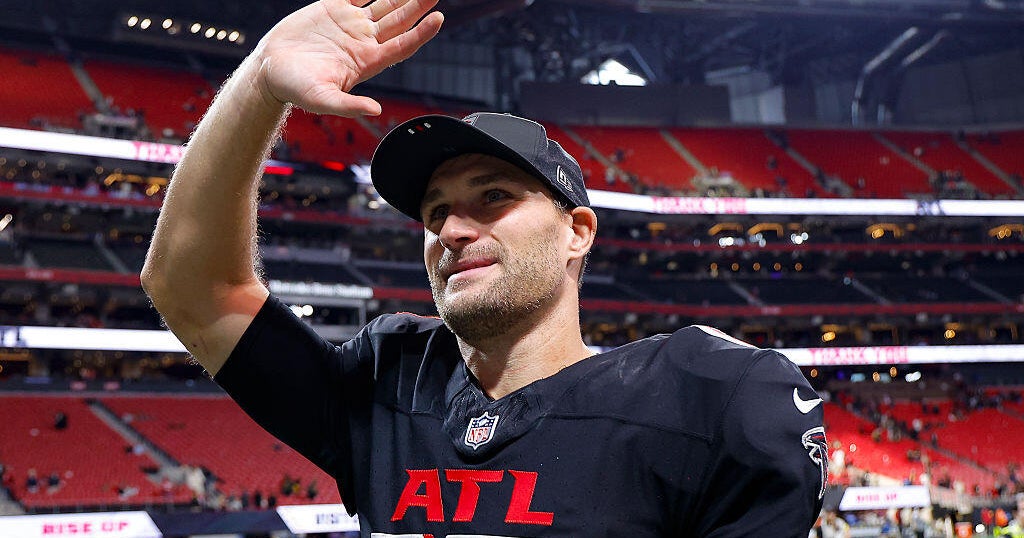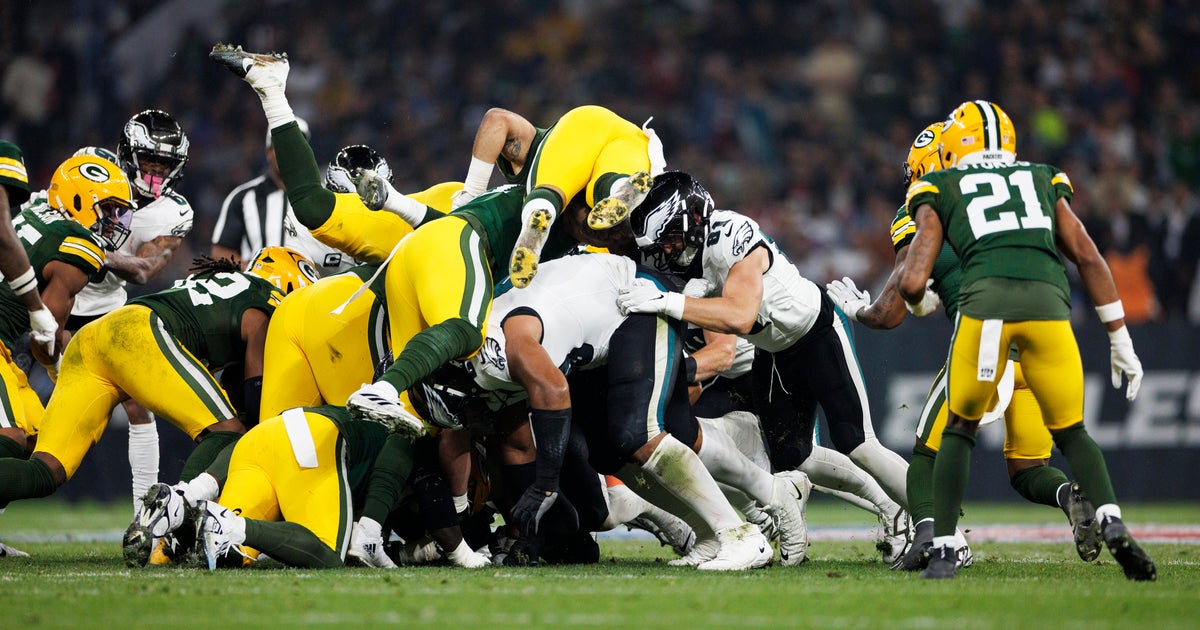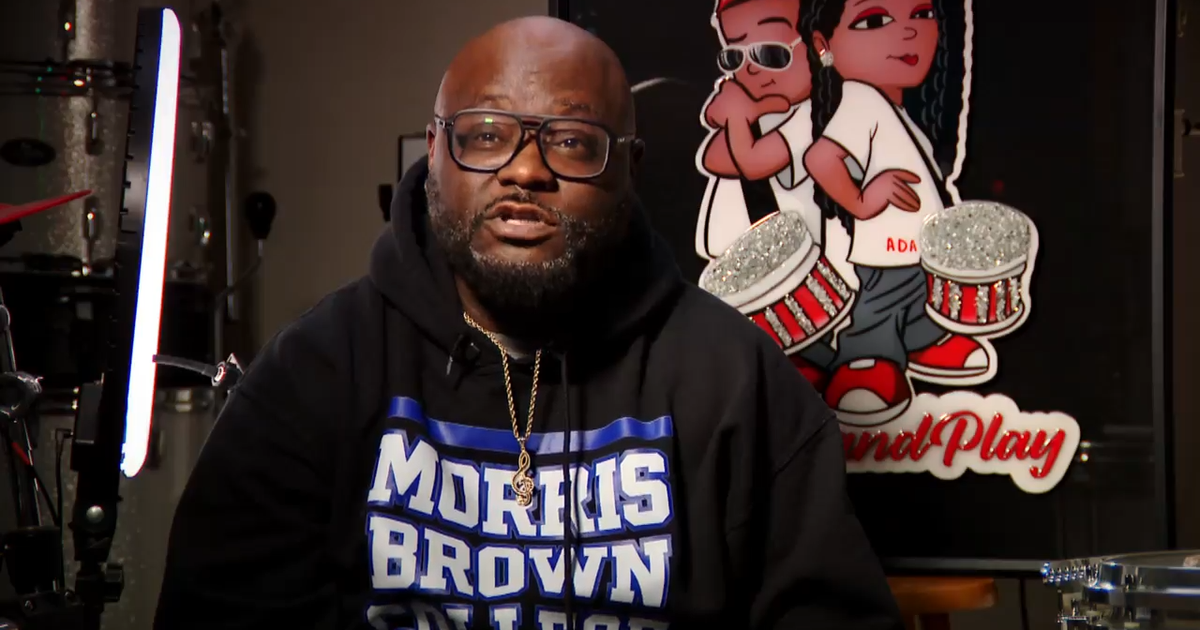NFL Admits That There 'Certainly' Is A Link Between CTE And Football
SAN FRANCISCO (CBS SF) -- Officials with the National Football League state that a degenerative brain disease has been linked to football.
At a San Francisco event prior to the Super Bowl Championship game last month, NFL officials denied a link between a degenerative brain disease and playing football, but an NFL official told a congressional committee on Monday that there "certainly" is a link.
Rep. Janice Schakowsky (D-Ill.) at the House Committee on Energy & Commerce asked NFL senior vice president for health and safety Jeff Miller if a connection between football and chronic traumatic encephalopathy (CTE) had been established.
"The answer to that question is certainly yes," Miller said, adding that questions still remain.
NFL spokesman Brian McCarthy stood by Miller in an emailed statement to CBS on Tuesday.
"The comments made by Jeff Miller yesterday accurately reflect the view of the NFL," McCarthy said.
NFL Commissioner Roger Goodell however, has previously been accused of being flippant about the issue.
In San Francisco, on the Friday before the Super Bowl, Goodell said, "If I had a son I'd love to have him play the game of football because of the values you get. There's risk in life. There's risk to sitting on the couch."
Miller has previously expressed the league's concerns regarding the "culture of resistance" that allows players to play through concussions. He has also said that concussion awareness needs to be raised in every level of football.
Dr. Mitch Berger, a member of the NFL's Head, Neck and Spine Committee, and chair of Neurological Surgery at UCSF, has previously refused to admit that there is a link between football and CTE.
During the Super Bowl Championship game last month in Santa Clara, players on both the Denver Broncos and the Carolina Panthers suffered concussions.
Read also: Panthers, Broncos Players Suffer Super Bowl Concussions
Miller's statements linking CTE to football, and the leagues' endorsement of those statements, come just weeks after the late Oakland Raiders quarterback Kenny Stabler was found to have CTE lesions in his brain.
Dr. Ann McKee, a professor of neurology at Boston University, told KCBS in February, "His brain was really riddled with the lesions of CTE,"
McKee said, "What was particularly surprising was that it involved the deep structures – the hippocampus and amygdala...Given the fact that he was only 69 – it was a striking amount of CTE."
The CTE admission by the NFL has quickly become an issue in an ongoing concussion settlement between the NFL and retired NFL players.
By Hannah Albarazi - Follow her on Twitter: @hannahalbarazi.







